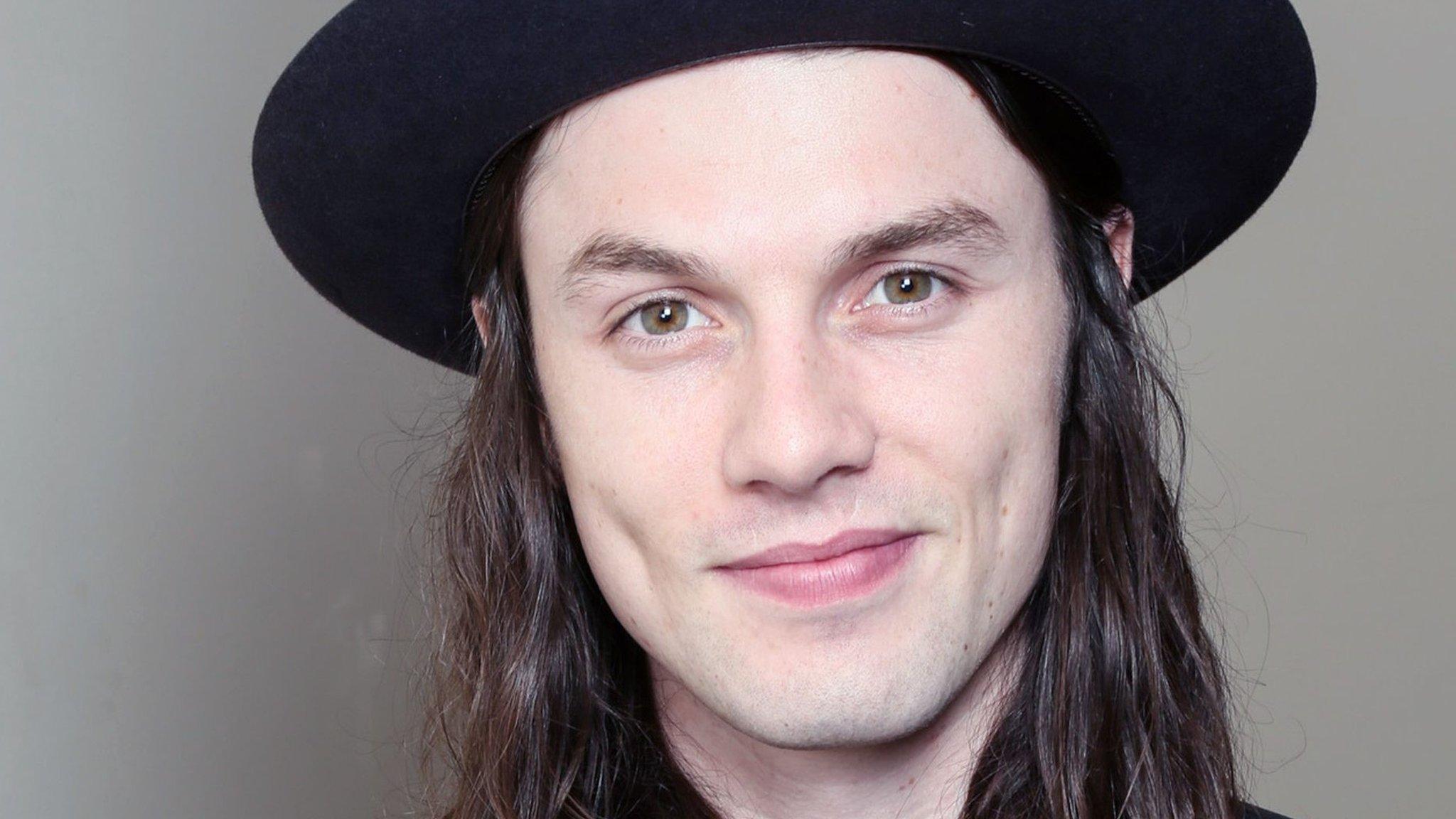BBC Sound Of 2015: George the Poet interview
- Published
George the Poet: "It's all about talking to people in the most creative way possible" (Video production by Dan Curtis)
George the Poet, a spoken word performer and rapper who wants to use his voice as a force for change in society, has come fifth on the BBC Sound Of 2015 list, which showcases emerging artists for the coming 12 months.
George Mpanga is inspired by the injustice he saw growing up on the Stonebridge Park estate in north west London.
After studying politics, psychology and sociology at Cambridge University and running poetry workshops for children in London, he is now preparing to release his debut album on Island Records and publish his first poetry collection.
The 23-year-old says he wants to inspire others to achieve better things. "I want people to be aware of their power," he says.
He is the first artist to be announced from the BBC Sound Of 2015 top five. One act from the top five is being unveiled every day this week, leading up to the announcement of the winner on Friday.
The list was compiled by asking 139 DJs, critics and broadcasters to name their favourite new acts.

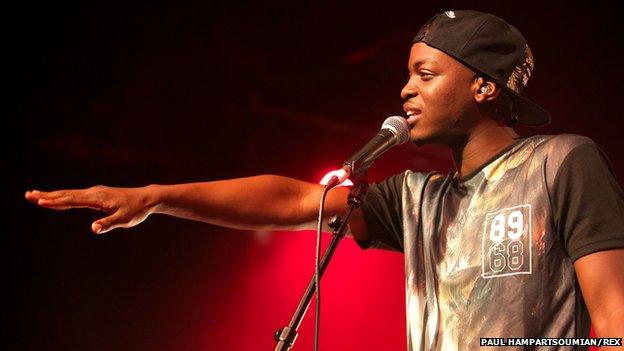
Are you a poet or a rapper first?
Chronologically I was a rapper first, but at this point in time I'm primarily a poet.
When did you discover the power of words?
I was always into music and my mum used to talk me through a lot of lyrics. I remember her sitting me down and talking to me about the Bob Marley song Buffalo Soldier. "Dreadlock Rasta/Taken from Africa/Brought to America/Fighting on arrival/Fighting for survival." It made a big impression.
At the same time, I grew up in church and again my mum used to read the Bible with me. And then I saw the pastor commanding an audience, and thought, I want to do that. I remember watching the film of Malcolm X and seeing what he did with words and thinking, I really want to do that.
When did you move from rap to poetry?
I believe rap to be a specialist form of poetry - specialist only in that it is very strict on time metre, which you can find in traditional forms of poetry. In William Blake's poem London, you find a lot of very regimented thought.
I would argue that I did start off writing in a traditional poetry form but the extension of that was I was performing them. But if you took the music away, the essence was exactly the same as what William Blake was offering.
You say you draw on your early life in the inner city. How does that inform what you do?
It made a profound impact on me. I was exposed to quite a range of life. I saw people lose loved ones, I saw people make a lot of money, make a lot of change.
When I was in year six - I must have been 10, 11 - I took a shine to these kids who were in my primary school. They were lovely kids. Sunshine every time they opened their mouths. I remember them flippantly mentioning that the night before, their dad was beating up their mum and their big sister had to fight him off with a baseball bat. They didn't understand the gravity of what they were saying. But this disturbed me.
I remember trying to fight everything, trying to save everyone from every calamity. At some point I realised that I'm not going to be able to save everyone, but that when I do have the platform I will do everything to enact structural change...
A lot of my frustrations stem from the fact that I can't share my blessings with my family and friends, my community. There are structural things that keep them in place, whether that's the disintegration of their family or their inability to organise themselves financially and sustain their communities financially, or the lack of political influence on the things that affect them.
All of these things make it harder for me to move forward professionally with everyone I grew up with. That needs to change.
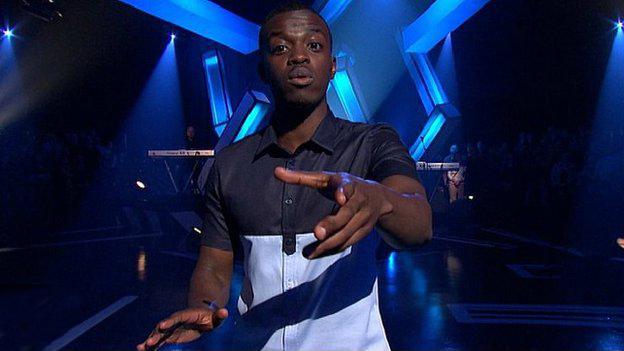
George the Poet has performed on Jools Holland and appeared on songs by Emeli Sande and Wretch 32
How can you make a difference?
I need to be an example of what I think needs to happen. So for example I'm self-employed. I have an enterprising mind. I demonstrate these things and I think it will be beneficial if everyone has a degree of enterprise.
I need to be an example, but at the same time there's the content. My EP, The Chicken and the Egg, is about premature parenthood. Discussing that helps. For one thing, you're giving visibility to the issue. Secondly, you're providing some sort of catharsis for anyone who can relate.
Do you write about yourself or do you create fictional characters?
I draw partially from personal experience and I also draw from observation.
Did the premature parenthood thing happen to you?
No. It didn't happen to me. It happened all around me.
Why try to bring about structural change through entertainment and not politics?
Because the political space is too regulated. And it's already exclusive. Entertainment isn't as exclusive. If I'm known for making sounds that people want to hear, it's much harder to justify stymieing that process.
Is it possible to enact structural change through music and poetry?
Yeah. Apart from the fact that anything's possible, it's very obvious. I speak. You listen. You come to my gig. All we need to do is make decisions. That's it. Job done.
Where do you see yourself in five years time?
I see the manifestation of everything I'm talking about now.
I see myself providing the structures for people to enact and demonstrate of all the things I'm talking about - autonomy, taking control, owning the entertainment space.
If what I'm saying sounds too lofty for you, demonstration's the highest form of argument. First I'm going to show you how to do it, then I'm going to invite you to do it.
- Published5 January 2015

- Published1 December 2014
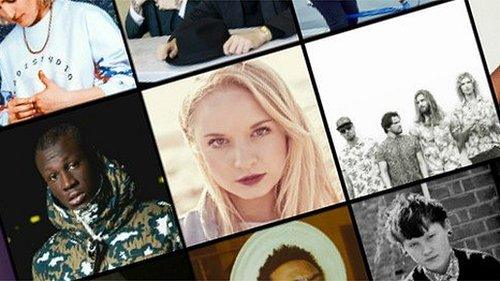
- Published1 December 2014
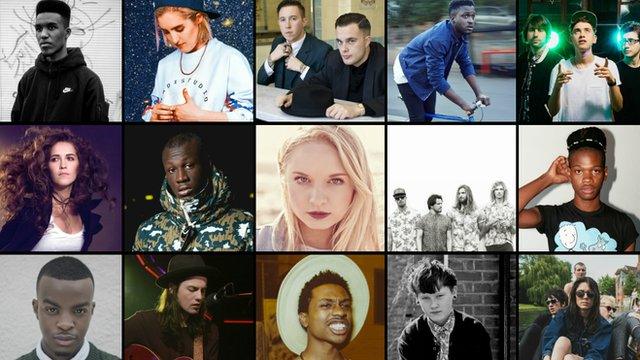
- Published10 January 2014
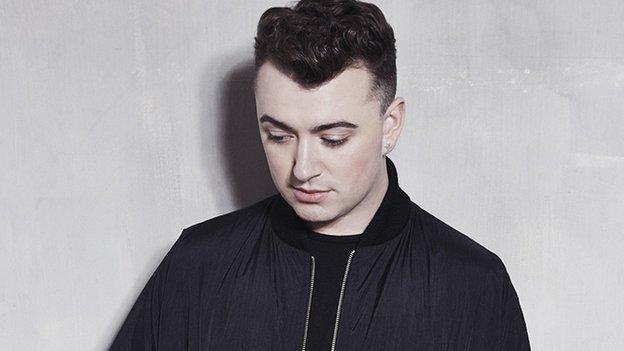
- Published4 December 2014
